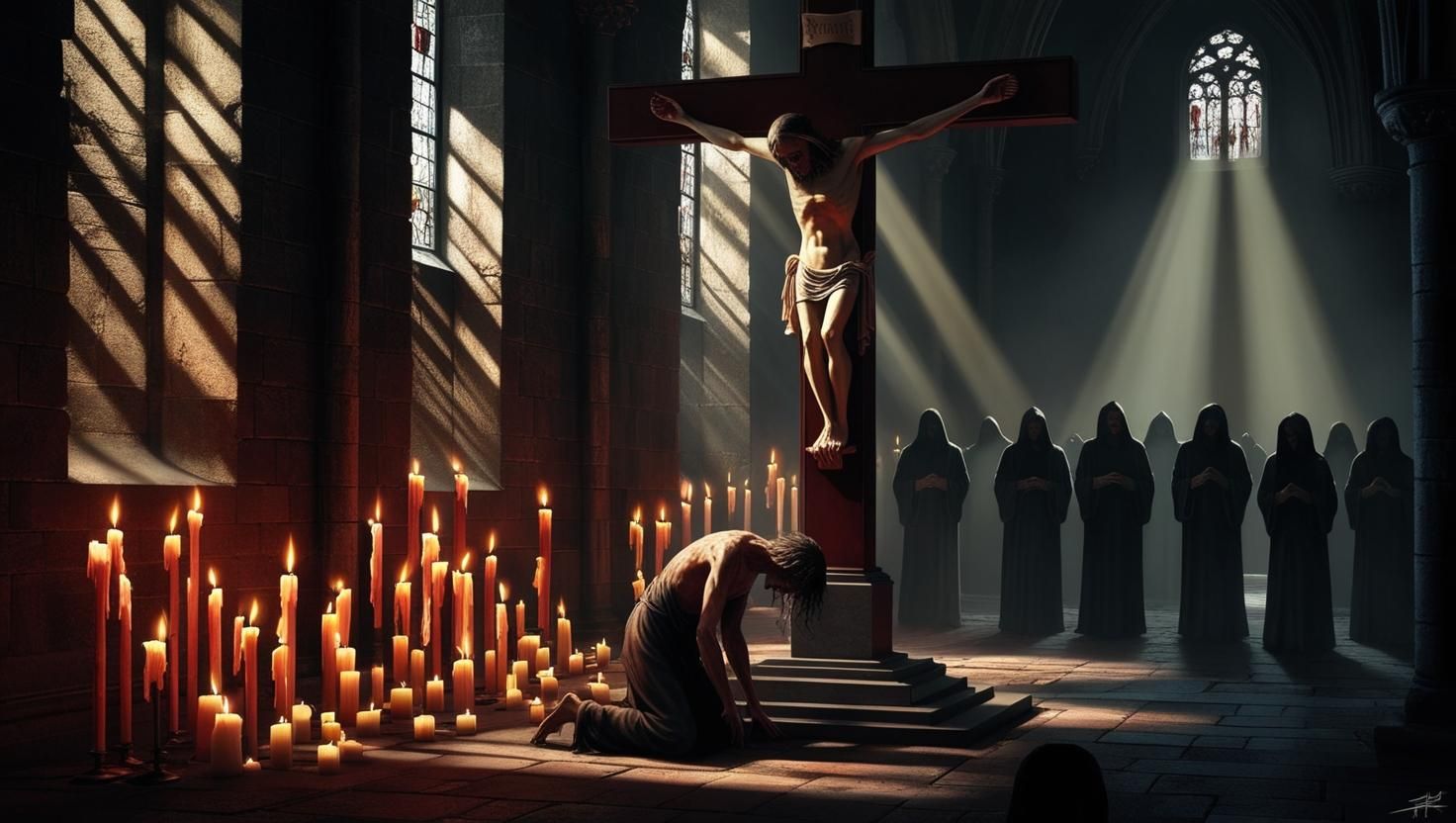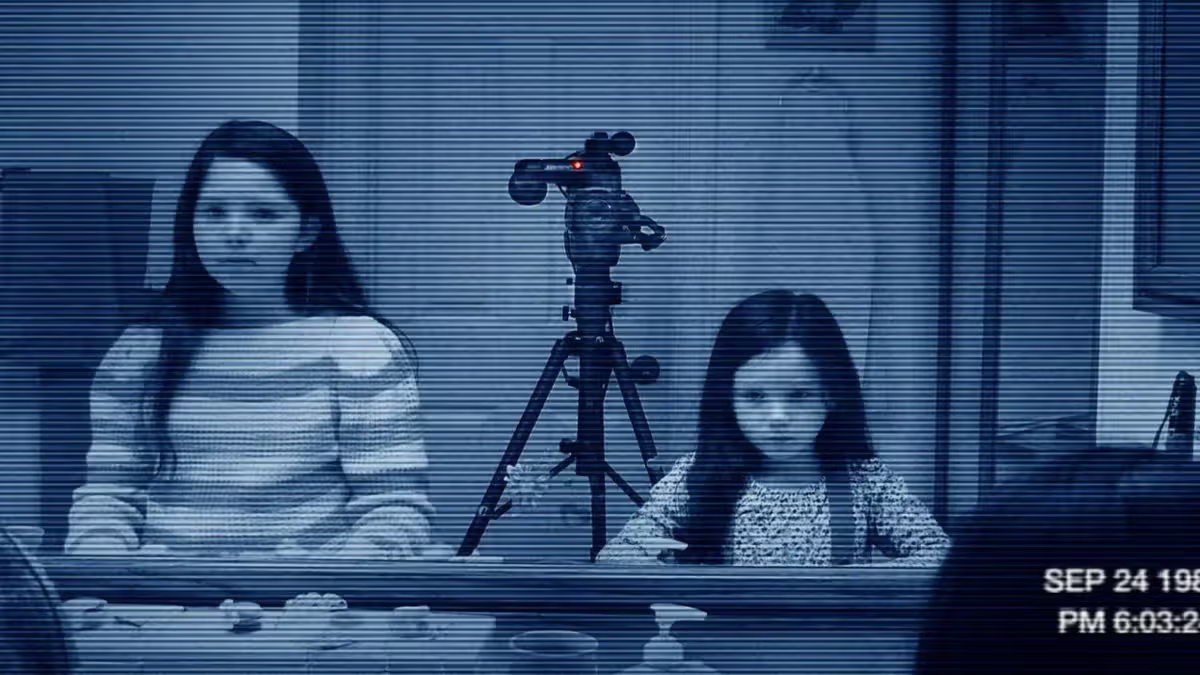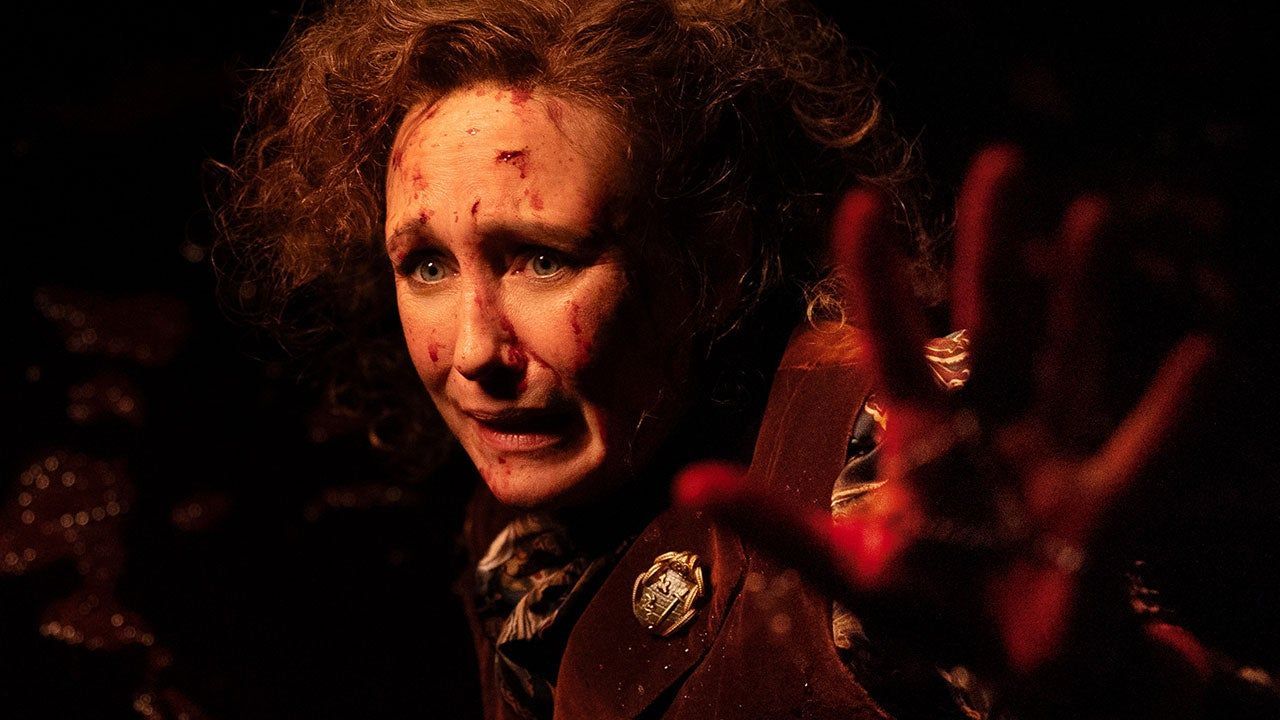Religious Horror: The Fear of the Divine and the Damned
Faith, fear, and the unknown — dive into the terrifying world of religious horror

Horror has always thrived on the unknown, and few things are as unknowable as faith. Religious horror taps into deep-seated fears of the afterlife, divine punishment, and the struggle between good and evil. From possession stories to sinister cults, these films and tales explore what happens when the sacred turns terrifying.
Why Is Religion So Effective in Horror?
Faith is personal, shaping people's worldviews and moral compasses. Horror exploits this by asking disturbing questions:
- What if the devil is real?
- What if heaven is closed to us?
- What if the things we worship are malevolent?
These unsettling ideas create existential dread, making religious horror particularly haunting. The blend of divine power, sin, and supernatural elements makes for some of the most memorable horror stories.
Possession & Exorcism Horror: The Ultimate Battle of Good vs. Evil
Perhaps the most famous subgenre of religious horror is possession horror. These films often depict demonic entities taking over innocent souls, with priests or spiritual figures attempting to drive them out. The fear of losing control — both physically and spiritually—makes these stories universally terrifying.
Iconic Possession Horror Films:
- The Exorcist (1973) – The definitive possession horror movie, infamous for its disturbing scenes and real-life eerie occurrences on set.
- The Exorcism of Emily Rose (2005) – A chilling mix of courtroom drama and supernatural horror, inspired by real events.
- Hereditary (2018) – A modern take on demonic horror, blending family trauma with sinister occult forces.
Possession horror reinforces the idea that evil can take hold of anyone, regardless of faith, making it one of the most disturbing horror subgenres.
Sinister Cults & False Prophets: When Faith Turns Deadly
Another common theme in religious horror is cults. These stories prey on the fear of blind devotion, manipulation, and the unknown rituals of secretive groups. Cult horror often showcases people willingly embracing darkness in the name of faith, creating chilling narratives.
Must-Watch Cult Horror Movies:
- The Wicker Man (1973) – A folk horror classic where a devout Christian police officer faces a disturbing pagan society.
- Midsommar (2019) – A visually stunning yet deeply unsettling look at Scandinavian cult traditions.
- The Sacrament (2013) – A found-footage horror film inspired by real-life cult tragedies like Jonestown.
The fear of being lured into a cult, brainwashed, or sacrificed for a sinister purpose adds an eerie realism to these films.
The Horror of Divine Punishment
Religious horror also explores what happens when a higher power punishes the wicked—or even the innocent. These films present a terrifying idea: divine judgment is absolute, and mercy is not guaranteed.
Notable Religious Punishment Horror Movies:
- Carrie (1976) – A mix of supernatural horror and religious abuse, where strict beliefs lead to a bloody reckoning.
- The Mist (2007) – A film where religious fanaticism takes hold in the face of apocalyptic terror.
- Saint Maud (2019) – A psychological horror film exploring the thin line between religious devotion and madness.
These films remind us that faith, when taken to extremes, can be just as terrifying as any monster.
Why Religious Horror Will Always Be Effective?
Religious horror works because it taps into universal fears—loss of faith, divine wrath, and the existence of evil. Whether it’s through possession, cults, or punishment, these stories force us to question what we believe in and what truly lurks beyond the veil of life and death.



